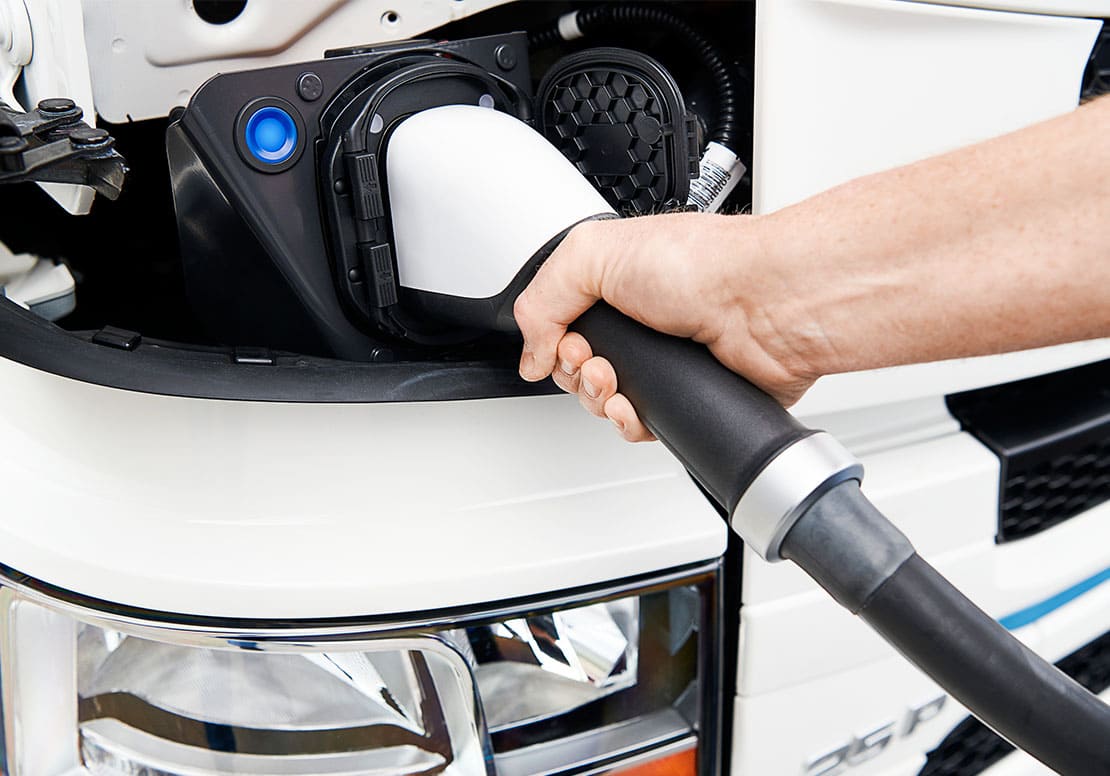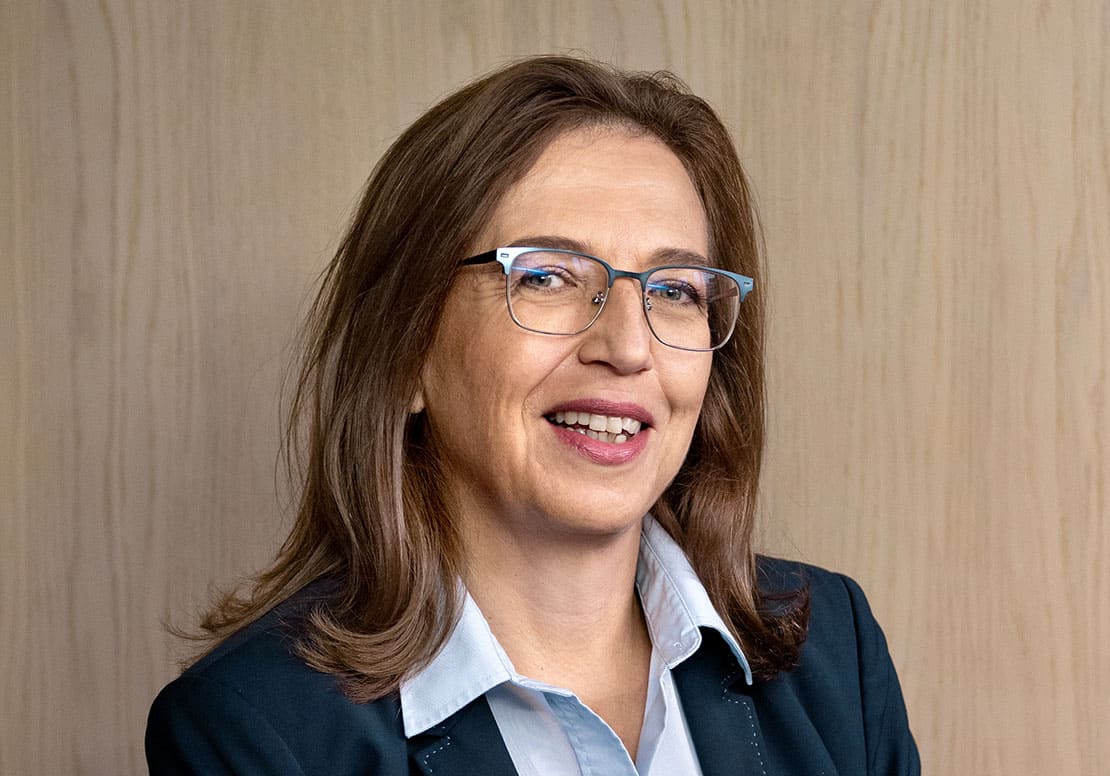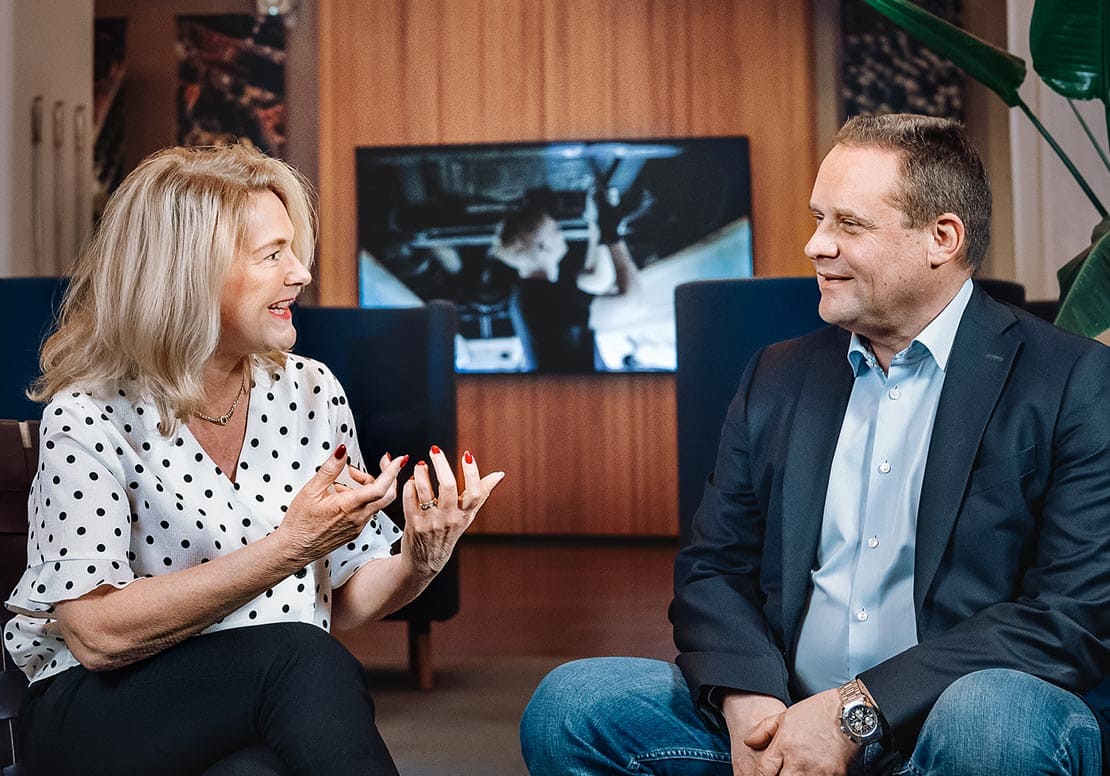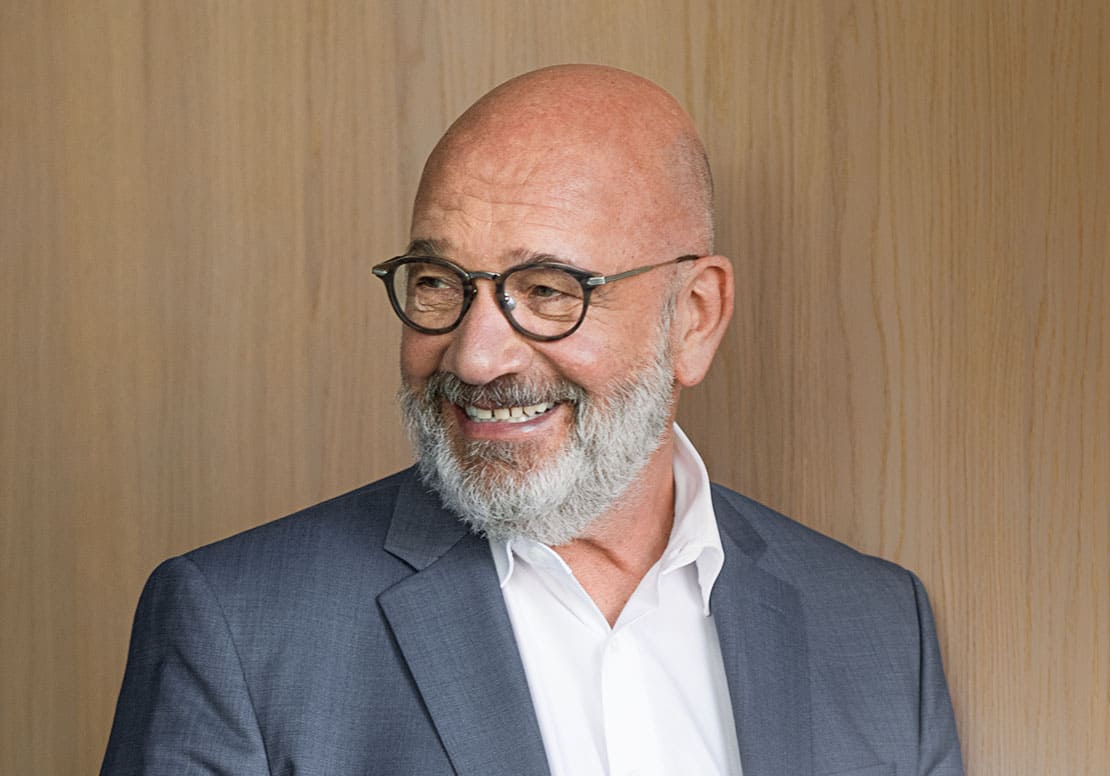
“We will bring our strategy to life.”
Statement by Christian Levin
(English)
Joining forces to shape the transition to a world of sustainable transportation: this strategy of the TRATON GROUP entered a new phase in 2022. Now it is time to bring the strategy to life and create new value in the process. In our interview, TRATON CEO Christian Levin explains where work on this has already begun and which tasks will become important in 2023.
2022 was a year of global challenges. What comes to mind when you look back on it?
In my entire working life, I’ve never seen a year with so many challenges all coming together at once — from the coronavirus pandemic to disrupted supply chains causing semiconductor bottlenecks to the war in Ukraine, the energy crisis in Europe, and inflation. A key objective of the TRATON GROUP was to continue to create value regardless. Our brands are of central importance here, and there are two in particular that I’d like to highlight: Volkswagen Truck & Bus saw a considerable improvement in profitability and modernized significant parts of its product range. Likewise, Navistar made substantial progress with its product portfolio and opened a factory in San Antonio, Texas, to expand its production capacity.
What about the European brands Scania and MAN?
Scania is the largest contributor to the Group’s profit and workforce and had to deal with a lot of challenges, for example in its supply chains. At the same time, the brand is the first to launch our new common powertrain platform on the market. The supply structures that have been created for this purpose will bring Scania back on track for success in 2023. MAN also had a difficult year with extensive restructuring going on, but 2023 promises to show that it, too, can contribute to the Group’s value creation.
> 10000
engineers and experts are working on the right technologies to make all our brands successful.
In what ways can TRATON help the brands prosper?
The TRATON GROUP will provide crucial support to the brands in creating value. We laid important foundations for this last year, for example with the TRATON Modular System. This shared product platform enables us to use standardized interfaces for different configurations to optimally integrate the modules for customized solutions into our brands’ portfolios. This means that as time goes on, we’ll see more and more joint development within the Group.
How quickly will that happen?
A development like this takes time. But to speed things up, we have restructured our organization. For example, in 2022, we set up a central research and development unit. Everyone who works in research and development is now part of a global team. We’ll also be collaborating even more closely in other areas in the future, such as purchasing, logistics, and production. And last but not least, we’ve established a central Group Product Management unit.
What is the relationship between these two units?
The two units, along with our brands, have a key role to play in terms of our innovative strength. The Group Product Management strategic unit is tasked with understanding the needs of our customers — across all brands and applications. Based on this knowledge, it then works with Industrial Operations to develop specific products, services, and technical solutions that meet these needs to serve our customers. This approach ensures that our formidable research and development team, with more than 10,000 engineers and experts, is working on the right technologies to make all our customers successful — and thus also our brands.
“We definitely need shared values and some uniform leadership principles. But I’d like to stress that we’re not aiming for a uniform culture.”
Christian Levin, Chief Executive Officer of TRATON SE
Let’s talk about the cultural aspect of collaboration: what role do the shared values that TRATON has defined play in this?
Our objective is that it will become completely normal for employees to work for different brands and share their expertise with all of them. So instead of working for a single brand their entire professional life, they switch brands from time to time. This means that we as a Group must have strong values that provide guidance and orientation for employees wherever they are. To jointly work on solutions and build shared platforms, we benefit from having shared values. That’s why we have defined five values that apply throughout the Group: Customer First, Respect, Team Spirit, Responsibility, and Elimination of Waste.
Which of these values is most important for successful collaboration in the TRATON GROUP?
I believe that the value of respect is key when it comes to collaboration within the Group. Each and every one of us must show respect for our coworkers from other company cultures and countries. We have to be curious and try to understand why our coworkers might do things differently than we do. Only when we utilize more perspectives and work closer together can we get the most out of each other. The TRATON GROUP currently has 100,000 employees — if all of them put this into practice, we will have tremendous potential. Our next step will be to develop common leadership principles in the course of 2023 based on these values.
Does this mean that the cultures of the brands within the Group will converge?
We definitely need shared values and some uniform leadership principles. But I’d like to stress that beyond that, we’re not aiming for a uniform culture within the TRATON GROUP. After all, we want to involve our customers, and they traditionally have strong ties to the individual brands. It’s not just a question of the products, but also, for example, the unique way in which a particular brand partner communicates with its customers. We certainly don’t want to take anything away from this uniqueness.
The TRATON strategy entered a new phase in 2022, which you describe as “Execution Now.” What exactly do you mean by that?
What I mean is that we’re now moving from theory to practice. On paper, the TRATON strategy is excellently defined: we want to shape the transition to a world of sustainable transportation. With our leadership team in the TRATON GROUP, we’re now making a promise: we will deliver. We’ll bring our strategy to life by tackling the operational challenges in detail — with our shared product platform or with our joint research and development work, for example. We made great strides on this front in 2022, and we’ll be stepping up our efforts even further this year.
More than
95%
of our carbon footprint comes from customers operating our trucks and buses.
How can TRATON become even more responsible as a company and how important is the electrification of the transport industry in this context?
With Scania and MAN, we have two brands that are already working with science-based targets to achieve their sustainability goals. They are thus following the path defined by the Science Based Targets initiative to reduce CO2 emissions in line with the targets of the Paris Agreement. Navistar and Volkswagen Truck & Bus are preparing to follow suit in the near future. The introduction of science-based targets clearly measures and guides our work toward greater sustainability. This is a big step for the TRATON GROUP in becoming even more responsible as a company.
The topic of electrification is important because more than 95 percent of our carbon footprint comes from customers operating our trucks and buses. The solution is to introduce battery electric vehicles, and our brands already have a variety of them on offer. At the same time, we are joining forces in the development of these vehicles. We expect a significant increase in orders for electric vehicles from Scania, Navistar, and Volkswagen Truck & Bus in 2023. MAN will kick off in 2024 with the launch of its new eTruck. This will further strengthen our position as a responsible company.
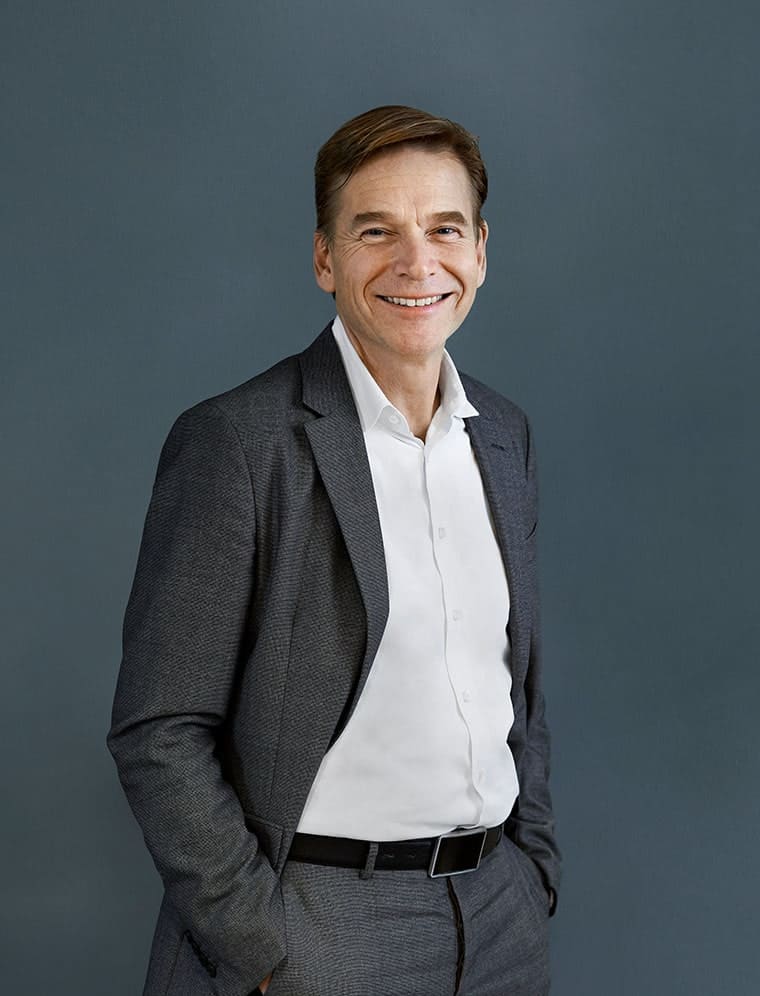
Christian Levin
was born in 1967. After graduating with a Bachelor of Science in Business & Administration and a Master of Science in Mechanical Engineering, he started his career as a management trainee with Scania in 1994. In 2010, having held a number of management positions already, he was appointed Executive Vice President and Head of Commercial Operations at Scania. Christian Levin joined the TRATON SE Executive Board as Chief Operating Officer in 2019. He has served as Chief Executive Officer of Scania since May 2021 and as Chief Executive Officer of TRATON SE since October 2021.

